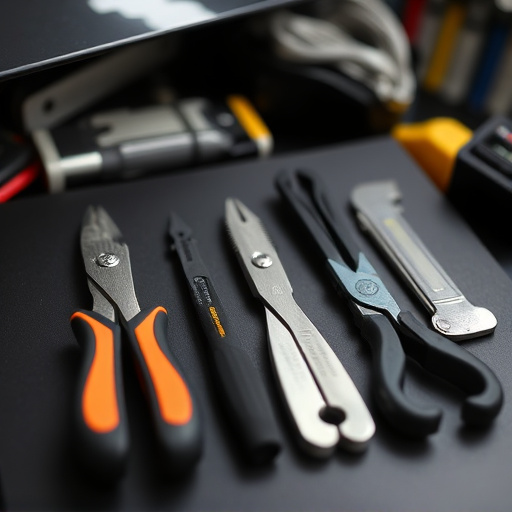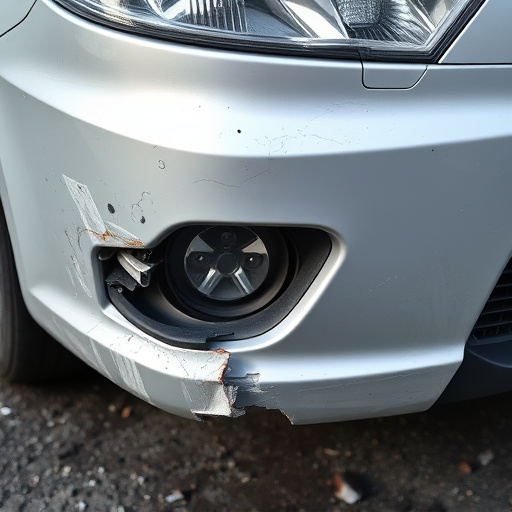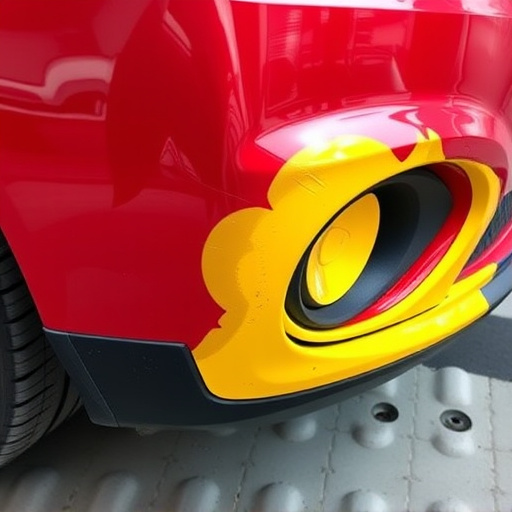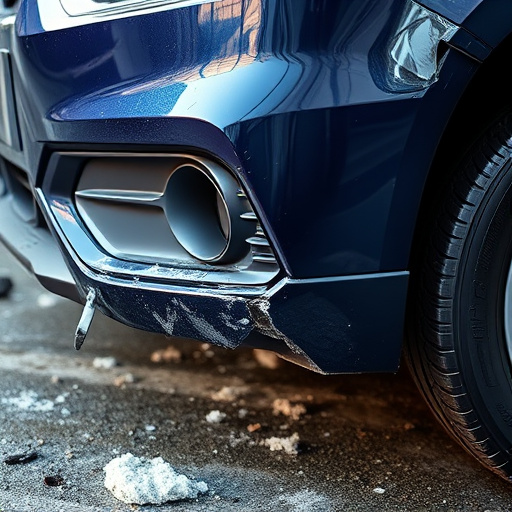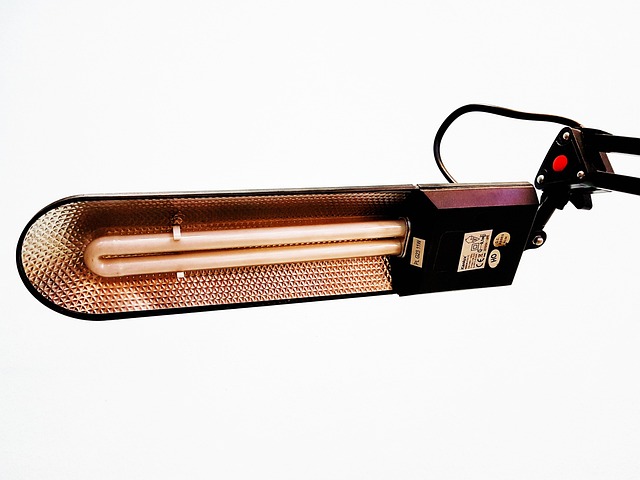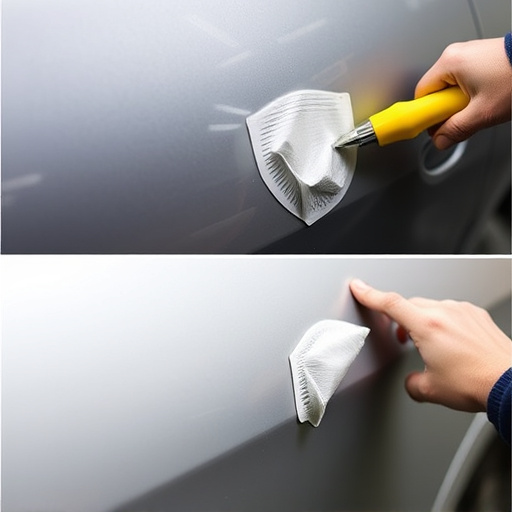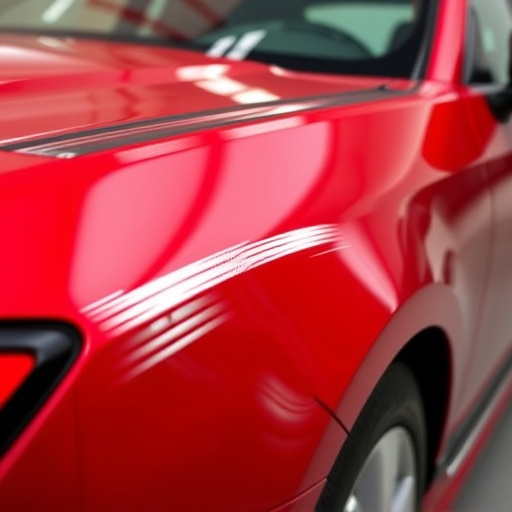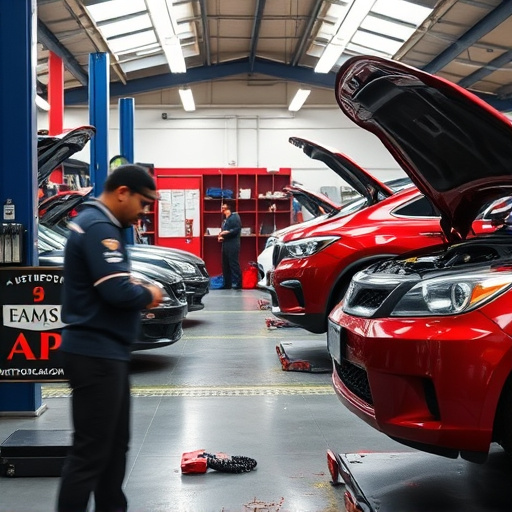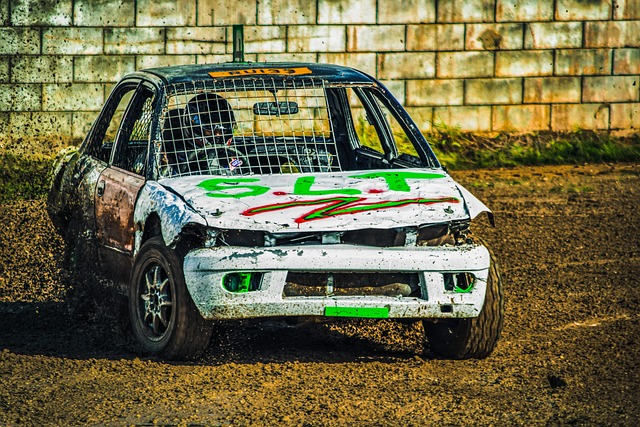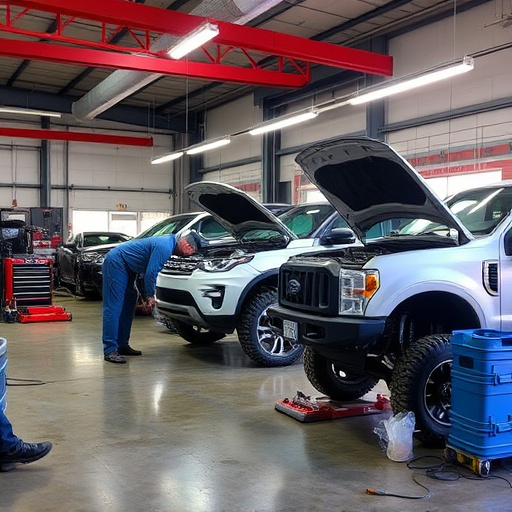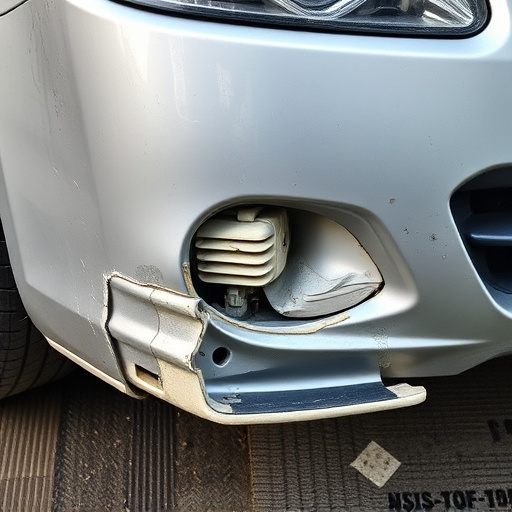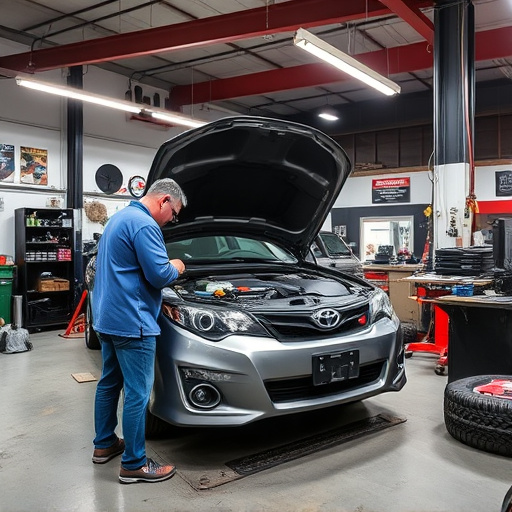Collision repair technicians' certifications are vital for industry standards and customer trust. Organizations like I-CAR and ASE provide specialized training and validation, ensuring technicians stay updated on technologies and safety measures in auto repairs, particularly hail damage and car dent repairs. Continuous education through workshops is necessary to maintain these credentials, guaranteeing collision repair technicians deliver precise, reliable work that meets evolving automotive demands.
In today’s competitive automotive industry, certifications are more important than ever for collision repair technicians. Understanding and obtaining recognized industry standards not only enhances your credibility but also ensures superior work quality. This article delves into the crucial role of certifications for collision repair technicians, highlighting key credentials required to excel in this field. We’ll guide you through the process of acquiring and maintaining these certifications, providing a roadmap to success for aspiring and seasoned professionals alike.
- Understanding the Importance of Certifications
- Key Certifications for Collision Repair Technicians
- How to Obtain and Maintain These Certifications
Understanding the Importance of Certifications

In the competitive world of auto repair, especially within the niche of collision repair, certifications are more than just add-ons to a technician’s resume; they are the key that unlocks doors to better opportunities and higher earning potential. For collision repair technicians, these credentials signify a commitment to mastering not only technical skills but also adherence to industry standards and safety protocols. This ensures that every repair, from intricate hail damage repair to meticulous car dent repair, is executed with precision and excellence.
With the ever-evolving nature of automotive technology, certifications ensure that collision repair technicians stay current with innovative tools, materials, and techniques. They validate a technician’s competence in diagnosing complex issues, repairing various types of vehicle damage, and restoring vehicles to their pre-accident condition. Moreover, holding recognized certifications can enhance a technician’s reputation within the auto repair shop and the wider industry, fostering trust among customers who seek reliable and high-quality services for their vehicles, be it for hail damage repair or minor car dent repairs.
Key Certifications for Collision Repair Technicians

Collision repair technicians play a vital role in restoring vehicles to their pre-accident condition, requiring a blend of technical skills and industry certifications. Key certifications for collision repair technicians include those offered by recognized organizations such as I-CAR (Inter-Industry Conference on Auto Body Repair) and ASE (National Institute for Automotive Service Excellence). These programs ensure professionals stay up-to-date with the latest technologies and safety standards in the ever-evolving automotive industry.
I-CAR, for instance, provides specialized training modules focusing on various aspects of collision repair, including car dent repair, bumper repair, and other intricate vehicle repair procedures. ASE certifications, on the other hand, validate expertise in specific areas like sheet metal repair, painting, and electrical systems, ensuring collision repair technicians meet the highest standards of quality and safety in their work.
How to Obtain and Maintain These Certifications

Obtaining certifications for collision repair technicians is a vital step in ensuring quality and reliability within the automotive industry. Many organizations offer specialized training programs tailored to this field, providing hands-on experience and theoretical knowledge. These certifications are often gained through reputable trade schools or automotive institutes, which offer comprehensive courses covering various aspects of collision repair. Students learn about advanced techniques in frame straightening, a critical skill for ensuring vehicles return to their pre-accident condition.
To maintain these certifications, continuous education is key. Collision repair technicians must stay updated with the latest industry standards and technologies. This involves attending workshops, webinars, and training sessions offered by certifying bodies or automotive manufacturers. Staying current ensures that technicians can deliver top-notch body shop services and remain competitive in the market. Additionally, regular inspections and recertification processes help maintain high standards across the entire automotive repair sector, benefiting both consumers and collision repair professionals alike.
In today’s competitive automotive industry, certifications are no longer just a nicety—they’re a necessity. For collision repair technicians, obtaining and maintaining relevant credentials is crucial for standing out in a crowded job market and ensuring superior customer satisfaction. By investing time and effort into these essential certifications, professionals can enhance their careers, boost employability, and contribute to the overall quality of vehicle repairs.
